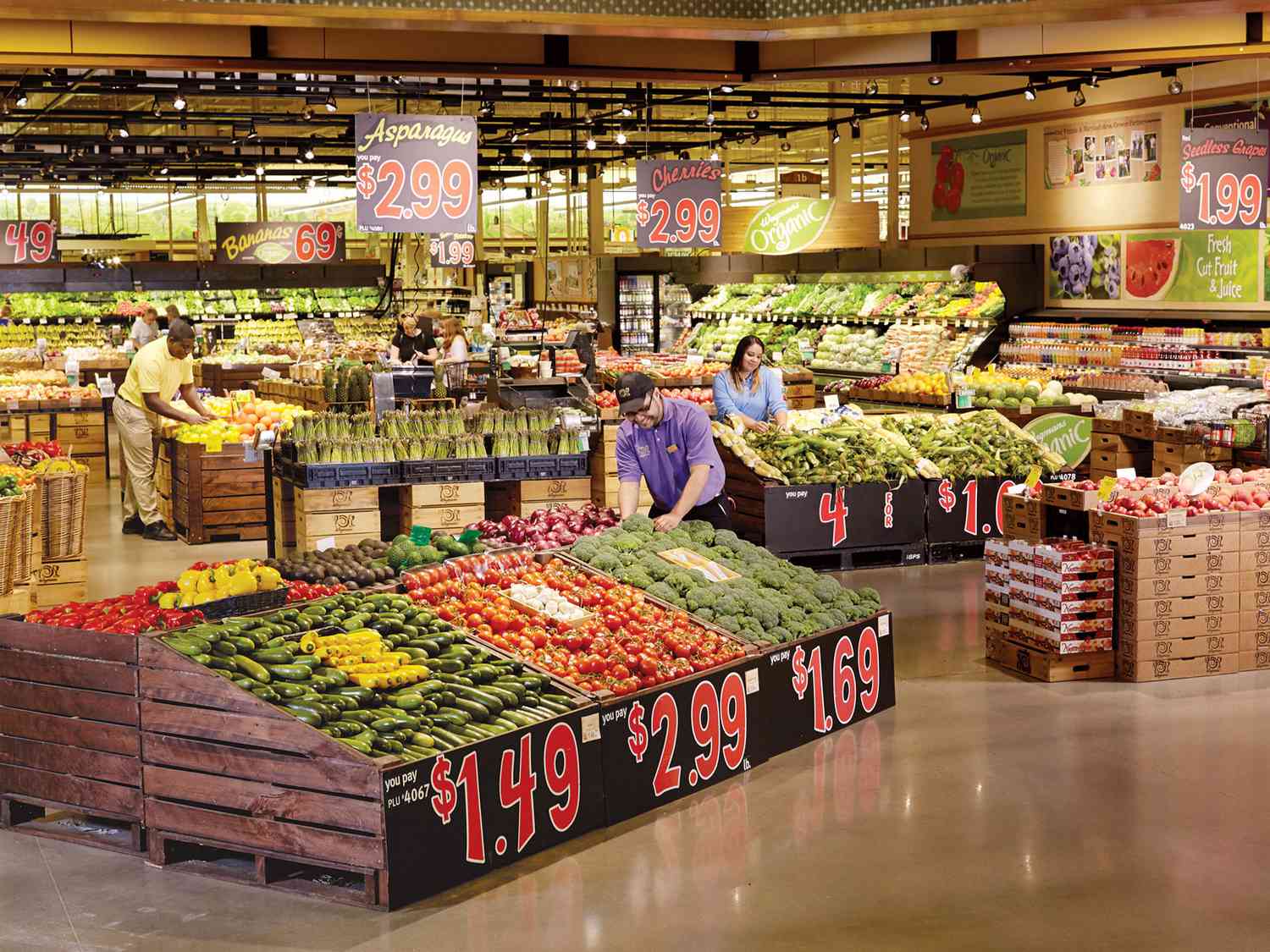New tariffs imposed by President Donald Trump are causing serious concern among economists and consumers about potential rising food prices in the USA. Particular worry is raised by the situation with imported goods — especially those that spoil quickly and constitute a significant part of Americans' daily diet.
What is already known
It is too early to precisely assess how tariffs will affect supermarket shelves. However, experts already warn: it is most likely that the first to see price increases will be the products the United States imports — for example, avocados, pineapples, bananas, coffee.
“I think the prices for all those products we import will rise, — said Jeff Ramson from PCG Advisory Group. — At least in the near future. How much exactly — it's hard to say, but I would expect it to be significant.”
According to data from the U.S. Department of Agriculture, the country imports more food products than it exports. Goods such as avocados and tomatoes from Mexico, bananas from Costa Rica, coffee from Colombia — all of these could become considerably more expensive in the near future.
Why is this important
The White House forecasts an annual revenue of up to $100 billion from the new tariffs, and President Trump believes these tariffs will “ensure the nation's salvation.” However, falling consumer confidence and a stock market crash suggest otherwise: the public and markets fear serious economic consequences.
Economists warn: the ultimate burden of tariffs will be passed on to the consumer — through higher prices for food, automobiles, construction materials, and household goods. Company profits may decrease, and economic growth could slow down. Trump, however, insists that the new tariffs will stimulate the creation of factories in the USA, but admits that this may take at least three years.
The trade war in action
On Thursday, the Dow, S&P 500, and Nasdaq stock indices experienced their most significant drop in recent months — amid the tariffs announced by Trump against China, Japan, India, and the European Union. The president described the new tariffs as part of a plan to reduce the USA’s dependence on foreign goods.
In response, on Friday, China announced a 34% tariff on all American imports — mirroring the USA's actions. This step only exacerbates the already tense situation in global trade.



